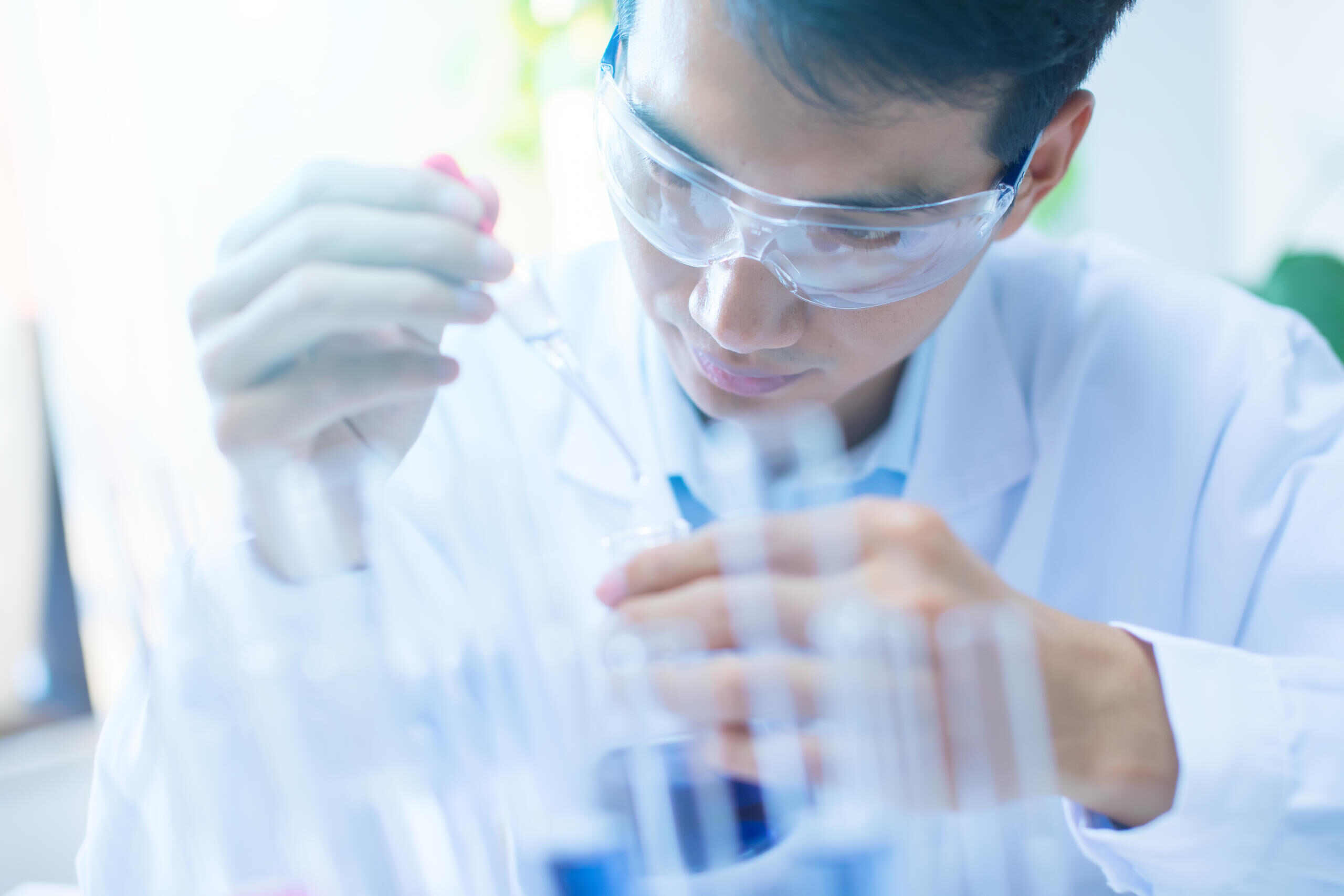
Our Approach
In people with T1D, the autoimmune system destroys the pancreas’s beta cells, which produce insulin. One known way to cure T1D is to replace destroyed beta cells with external cells that make insulin and protect them so that they can function for a very long time. Islet transplantation using donor islets from cadavers has provided evidence for a long-term cure through insulin independence and other benefits. Currently, only a small portion of people living with T1D can get this treatment because of the challenges of producing beta cells, and because a beta cell recipient must also take medications to protect the implanted beta cells for the rest of their life.
Program Goals
Develop a renewable beta cell source so that every person with T1D can get this treatment.
Find ways to maintain the beta cells so they stay functional in the body for years—or even decades.
Shield the beta cells from immune attack to prevent the need for anti-rejection drugs or the recurrence of T1D.
Progress

Looking Ahead
In the past decade, JDRF has invested more than $140 million in cell therapies. Future research will continue to investigate how to keep the beta cells alive and healthy using gene editing, encapsulation, and immune modulation.
Want to learn more? View JDRF scientists Jaime Giraldo, Ph.D., and Esther Latres, Ph.D., below for a presentation on the cell therapies portfolio. You can also view the extended strategy here.

Disease-Modifying Therapies
Powering the research and development of new therapies that can slow, halt, or reverse the course of T1D, curing people across the various stages of the disease.

Screening
Developing a global universal T1D risk screening strategy to identify high-risk individuals, reduce DKA at diagnosis, and speed up the development of disease-modifying therapies by accelerating clinical trials.

Improving Lives
People with T1D must have tools, therapies, and interventions to keep them healthy so that when cures come to fruition, they are healthy enough to take advantage of them.